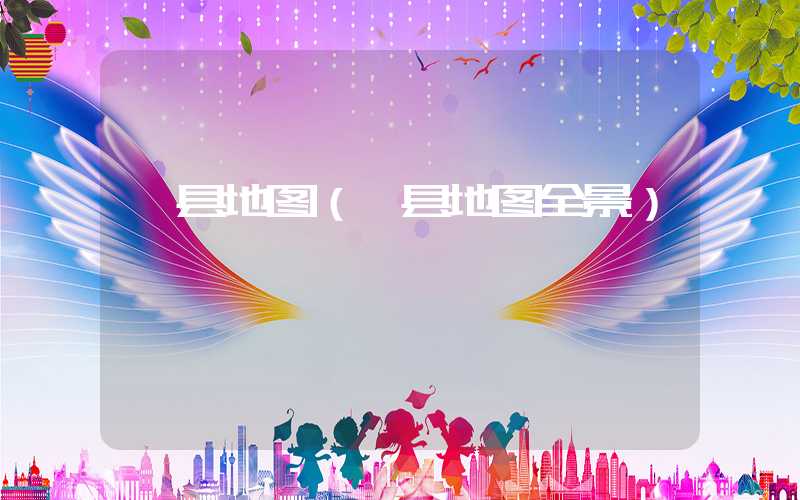Introduction
Cityline has undergone a complete transformation in recent years, thanks to its policymakers and citizens' efforts. While its landmarks still shine, a more momentous transformation is unfolding for the city's infrastructure, transportation networks, and public utilities, driven by technology. In this article, we will look at how Cityline is leaving no stone unturned to upgrade its urban infrastructures with innovative and revolutionary technologies.
Smart Transportation Network
The city of Cityline has long been known for its traffic congestions and transportation woes. However, in 2020, the city council took a massive step in improving the transportation network by launching a smart mobility plan. What makes the program unique is how it harnesses technological solutions to provide commuters with a seamless experience. The integrated transportation system combines on-demand transit with ride-hailing services and streamlined payment options that passengers can access via an app. This intelligent transportation system aims to drive down traffic congestion, improve air quality and enhance the overall rider experience.
Smart Grid Network
In a bid to achieve greater energy efficiency and sustainability, Cityline has also upgraded its traditional power grid network to a new smart grid system. With the smart grid technology in place, the city can now better manage its electricity consumption, reduce emissions, lower energy bills for residents, and minimize power outages. The smart grid technology employs several advanced systems, such as smart meters, sensors, automated energy management systems, and analytics tools, to create a more reliable and efficient power infrastructure.
Smart Water Solutions
Another significant urban infrastructure upgrade in Cityline is the deployment of smart water solutions intended to enhance the city's water supply system. The smart water technology utilizes sensors and data analytics to collect data about water usage in real-time, enable remote monitoring, and track leaks or faults in the supply system. The deployment of smart meters in households helps residents monitor their water usage and make informed decisions to conserve water. Additionally, the smart water system employs cloud-based analytics software and artificial intelligence to determine the best time to water plants, monitor city water levels, and forecast consumption trends.
Conclusion
The adoption of innovative and revolutionary technologies has given Cityline new opportunities to enhance its urban infrastructure and transform its public utilities, transportation networks, and power grids into more sustainable, efficient systems. By applying smart solutions, the city aims to improve the quality of life for its residents, reduce its carbon footprint and create a healthier, and more prosperous environment. With its technological savvy and entrepreneurial spirit, Cityline is positioning itself as a smart city of the future, exemplifying the power of technology-driven solutions to improve citizens' lives.













































